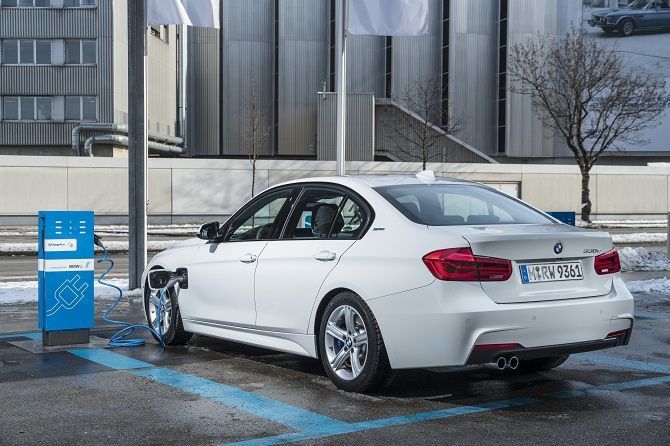BMW's New Traction Control System On The i3s Is Fifty Times Quicker
Auto NewsTraction and stability control systems are a marvel of technology and have advanced a great deal since their rather humble beginnings. They've saved countless people in difficult, low grip or extreme situations - and as much as they may be an obstacle for driver development, one can't argue with their effectiveness. BMW's latest iteration of the system is featured in the all-new i3s, and will be making its way to mild hybrids, full hybrids, and full electric cars from BMW Group in the future.

The system is fairly simple to understand. Unlike traditional traction and stability control systems which rely on sensors and brakes, the electric motors within the powertrain can both measure slip and apply corrective torque instantaneously - up to 50 times faster than a traditional system. An example of this would be Tesla's Model S which measures every degree of wheel movement and automatically adjusts power outputs depending on traction loss.

It is the very advantage of electric motors - their high low-end torque - that has resulted in a system like this. High amounts of torque means high risk of wheelspin when accelerating, and a system that can automatically correct or neuter wheelspin is highly necessary. In a hybrid car this can have applications as well, as the electric motor can apply negative torque (or regenerative braking) to convert potentially wasted energy into electrical energy.
In the future, we may very well see something more extreme like torque vectoring via electric torque input. This kind of thing is present on cars like the Honda NSX, but it requires individual motors for each driven wheel. The result can be quite astounding, as Hans discovered during his stint with an all-wheel drive, all-electric Honda CR-Z. In any case, it shows that the engineers who are dealing with all-electric cars are not content to accept the death of driving pleasure, and will likely ensure it continues on long past the death of the combustion engine.